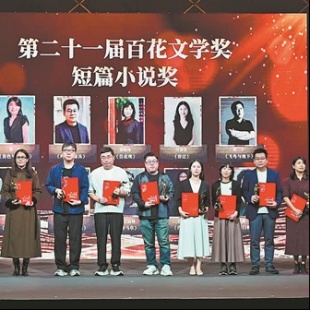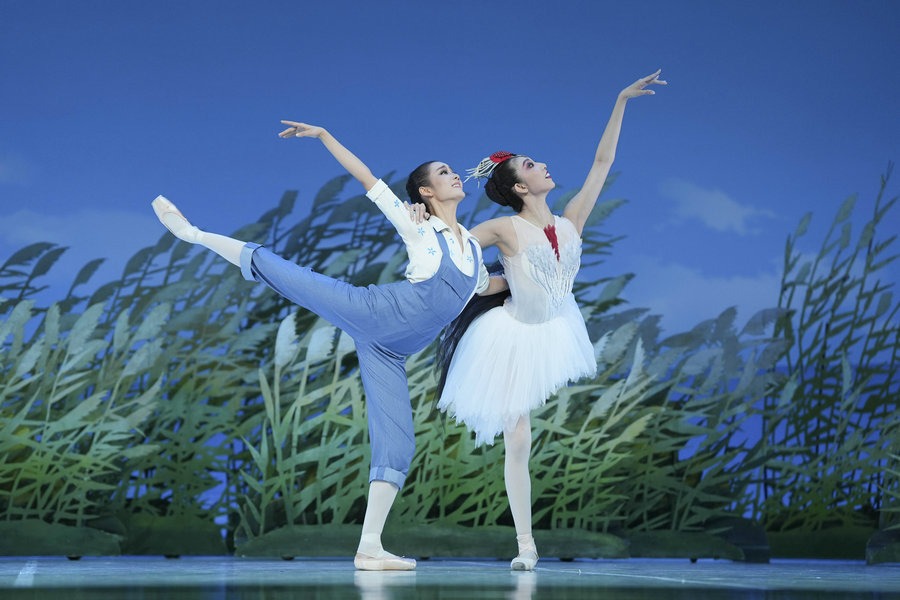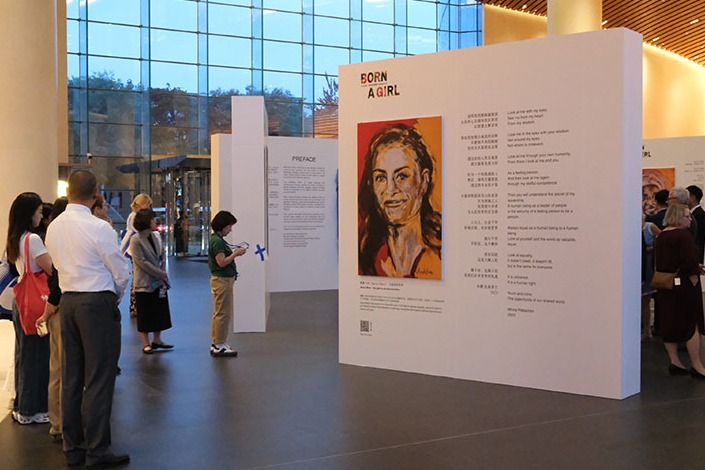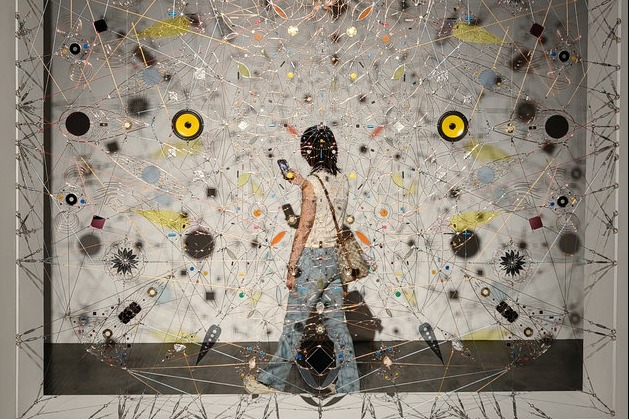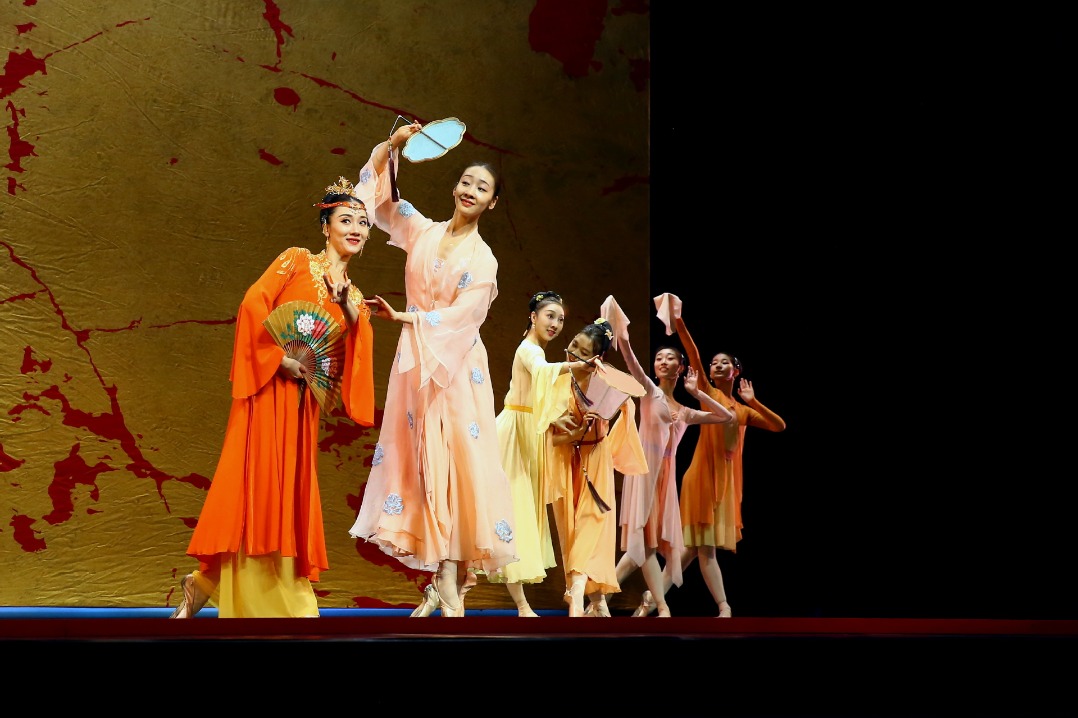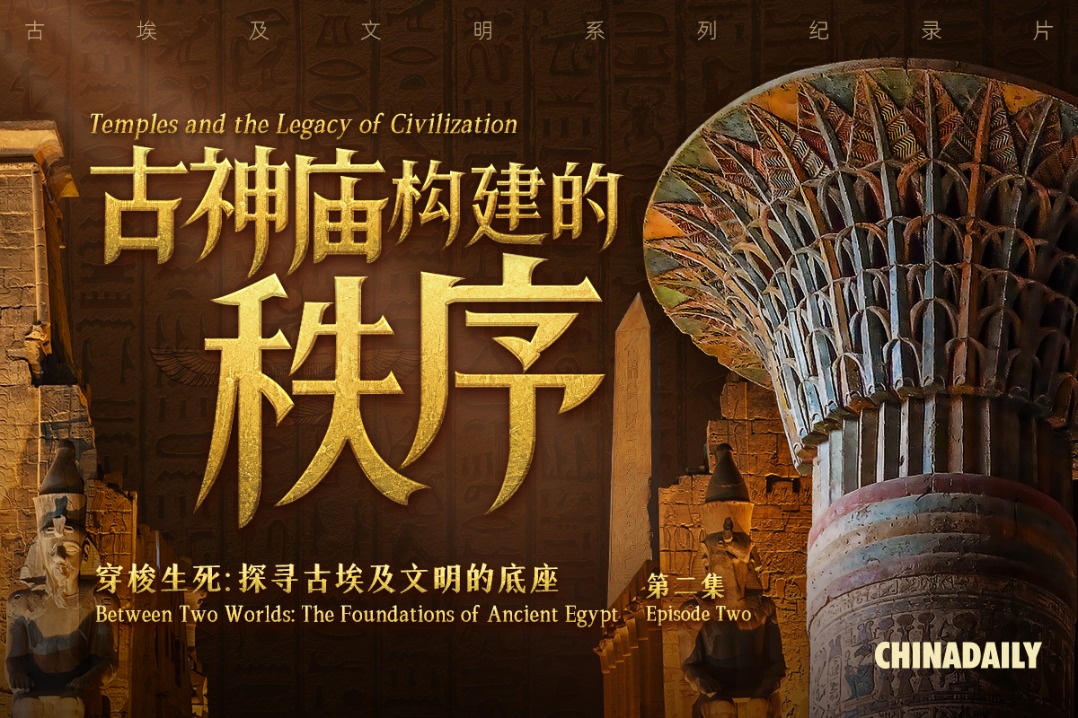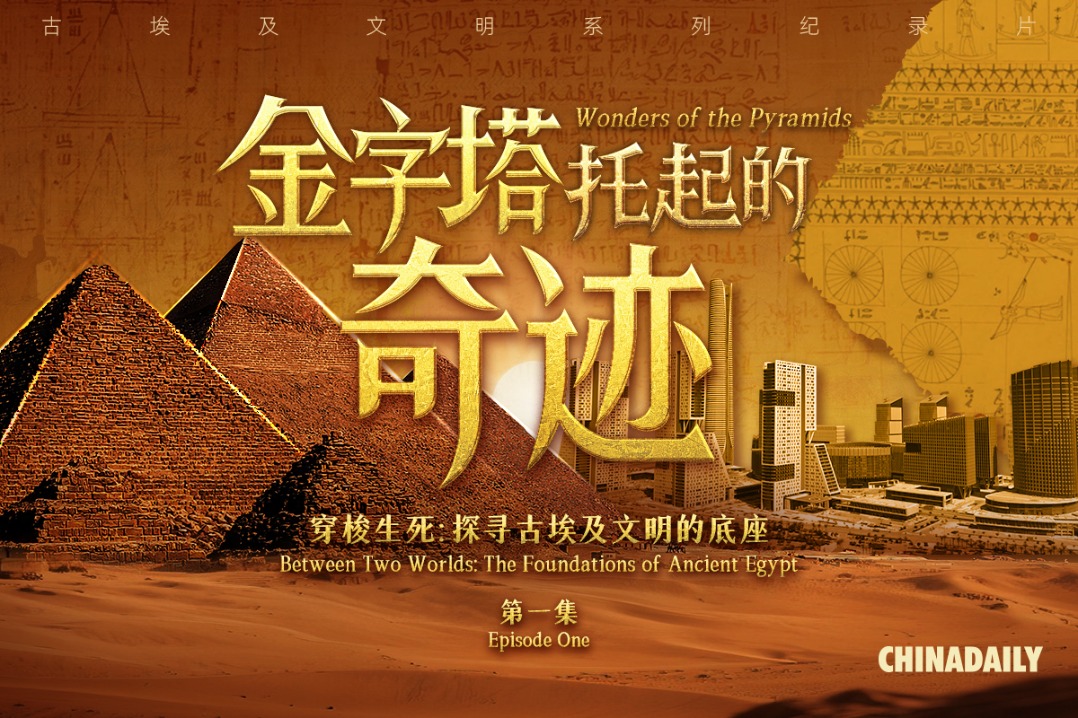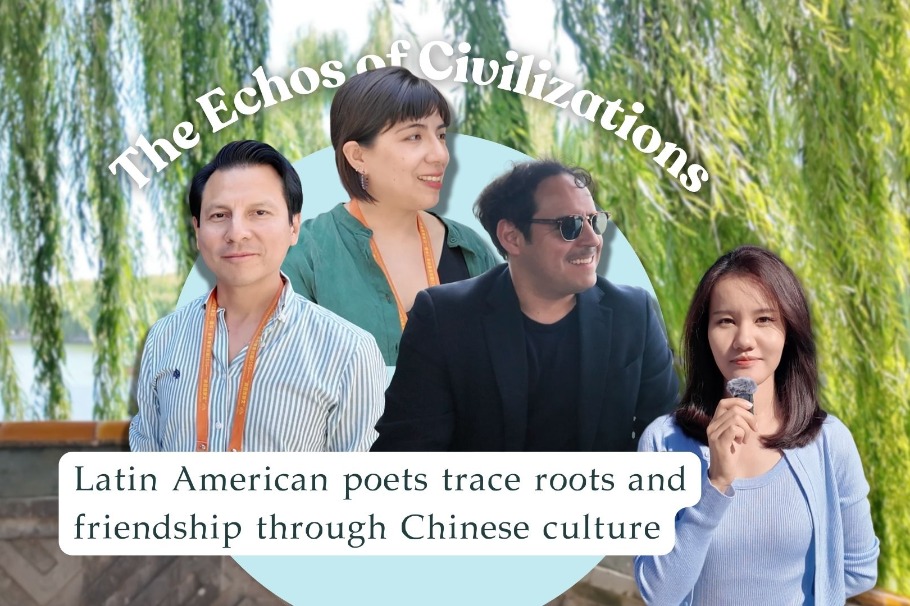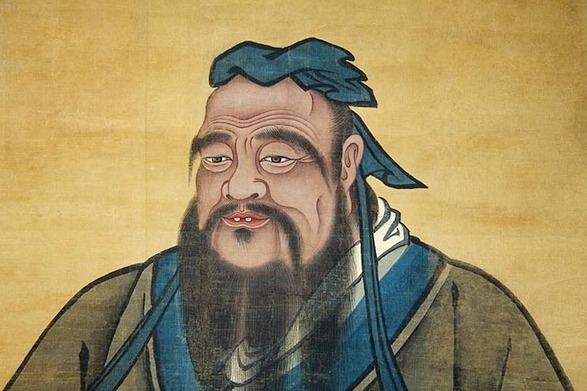Writers explore memory, technology and tomorrow at Baihua

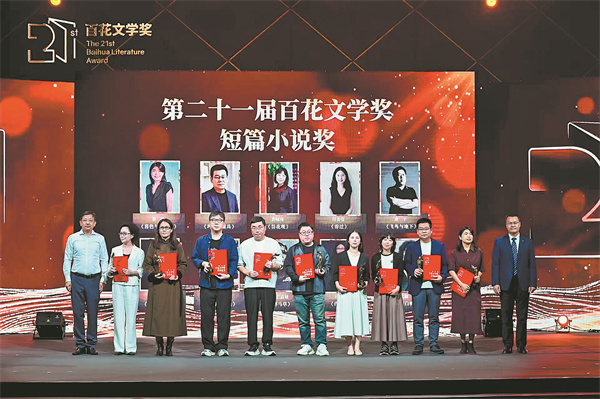
The 21st Baihua Literature Awards, one of China's most influential honors for popular fiction, celebrates writers who bridge artistry and mass readership, and spotlights storytelling's enduring power to resonate across generations and communities.
Forty-five literary works were honored at this year's awards in Tianjin on Sept 20, spanning eight categories: short story, novella, novel, sci-fi, online literature, prose, TV series and film adaptation, and the newly introduced micro story award.
Established in 1984 and held biennially, the Baihua Literature Awards combine reader preferences with expert opinions to select works that best reflect social changes in China and resonate with the general public.
Cai Chongda received the short story award for Mingyun Manpaotuan (literally, "The Jogging Club of Destiny"), alongside nine other winners.
The work follows a man who, after two years away from his hometown following his father's funeral, learns more about his father through the stories of a villager named Heichang and his mother. These revelations deepen his appreciation of paternal love.
In his acceptance speech, Cai remarked how the tides of time compel people to leave their origins and venture into the unknown.
"Hometown is not just land; it is every person who has touched our lives. Together, they form the source of our spirit, becoming ingrained as local customs, traditions and ideas. We are each other's hometown. Through writing, I attempt to reconstruct a spiritual home for these drifting souls. I hope that my efforts, along with those of many creators of this era, can help people rediscover and see the hometown we are collectively building," he said.
One of the sci-fi awards went to Wang Weilian for Yige Xiezuo Biaoyanzhe De Zuihou Aiqing (literally, The Last Love of a Writing Performer).
Set in a future where human emotions are on the brink of extinction, the story follows the romance of a worker at a museum's intangible cultural heritage exhibition center whose job involving "performance writing" drives a wedge between him and his lover. Through detailed psychological portrayals and dialogue, the author explores both partners' yearning for intimacy and the emotional and ethical dilemmas faced by future humans as technology encroaches on inner life.
At the ceremony, Wang expressed his delight that science fiction is no longer an isolated niche but a confluence of diverse voices.
"Singers, dancers, programmers, delivery workers … more and more people from different backgrounds are picking up the pen. They are all using sci-fi stories to address the existential anxiety of this sci-fi era. Together, we are exploring the future. Each identity is a beam of light reflecting the times. When these beams converge, we can see the signposts leading to tomorrow: How will humans continue to create their own value and meaning in the future?" he said.
"I accept this honor on behalf of all science fiction writers and salute each one of you who is writing tomorrow. Let us forever question, forever imagine," he added.
The ceremony also recognized the contributions of 27 editors from journals such as People's Literature, Harvest, and October, while 30 readers received the readers' award.


